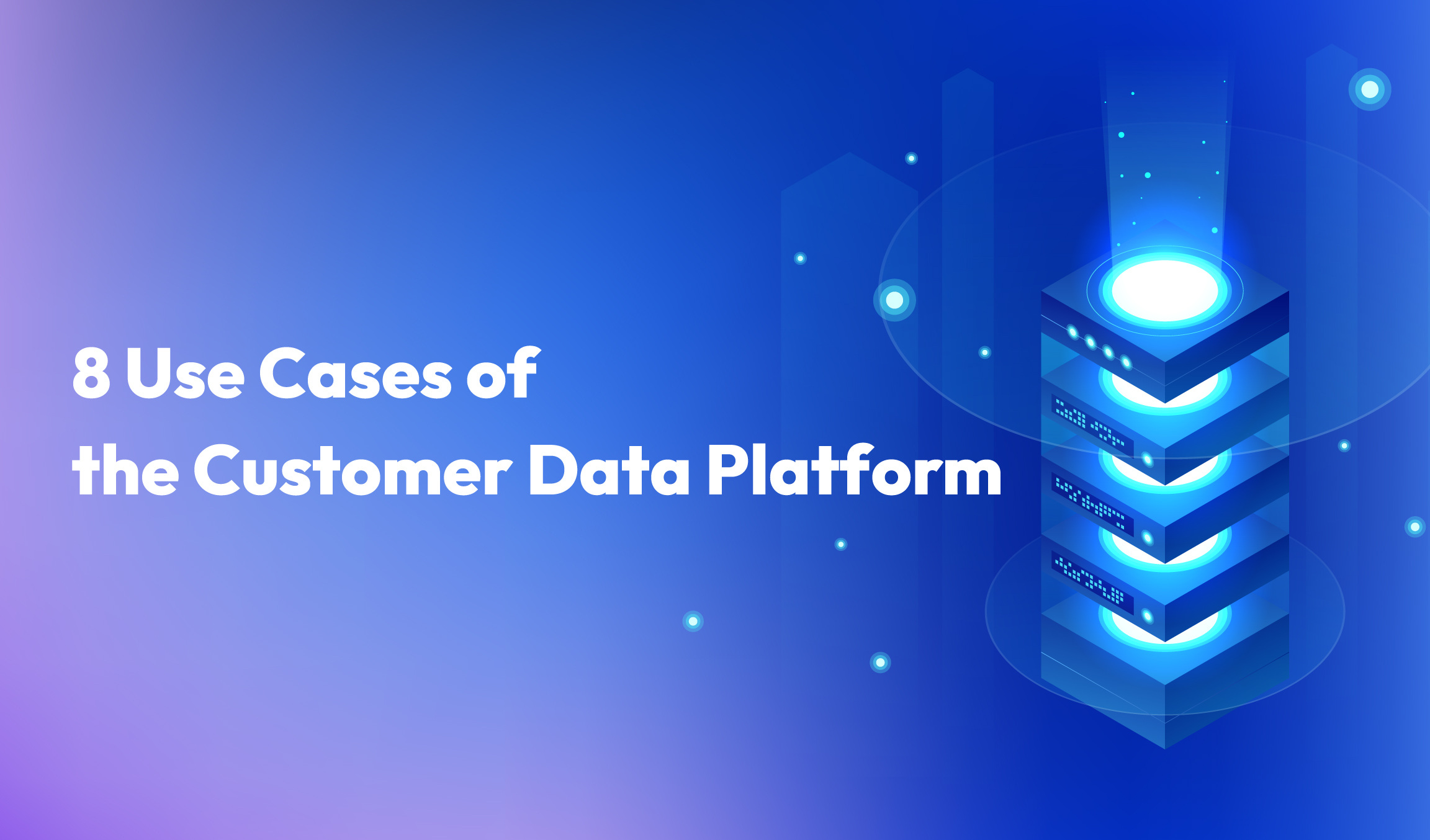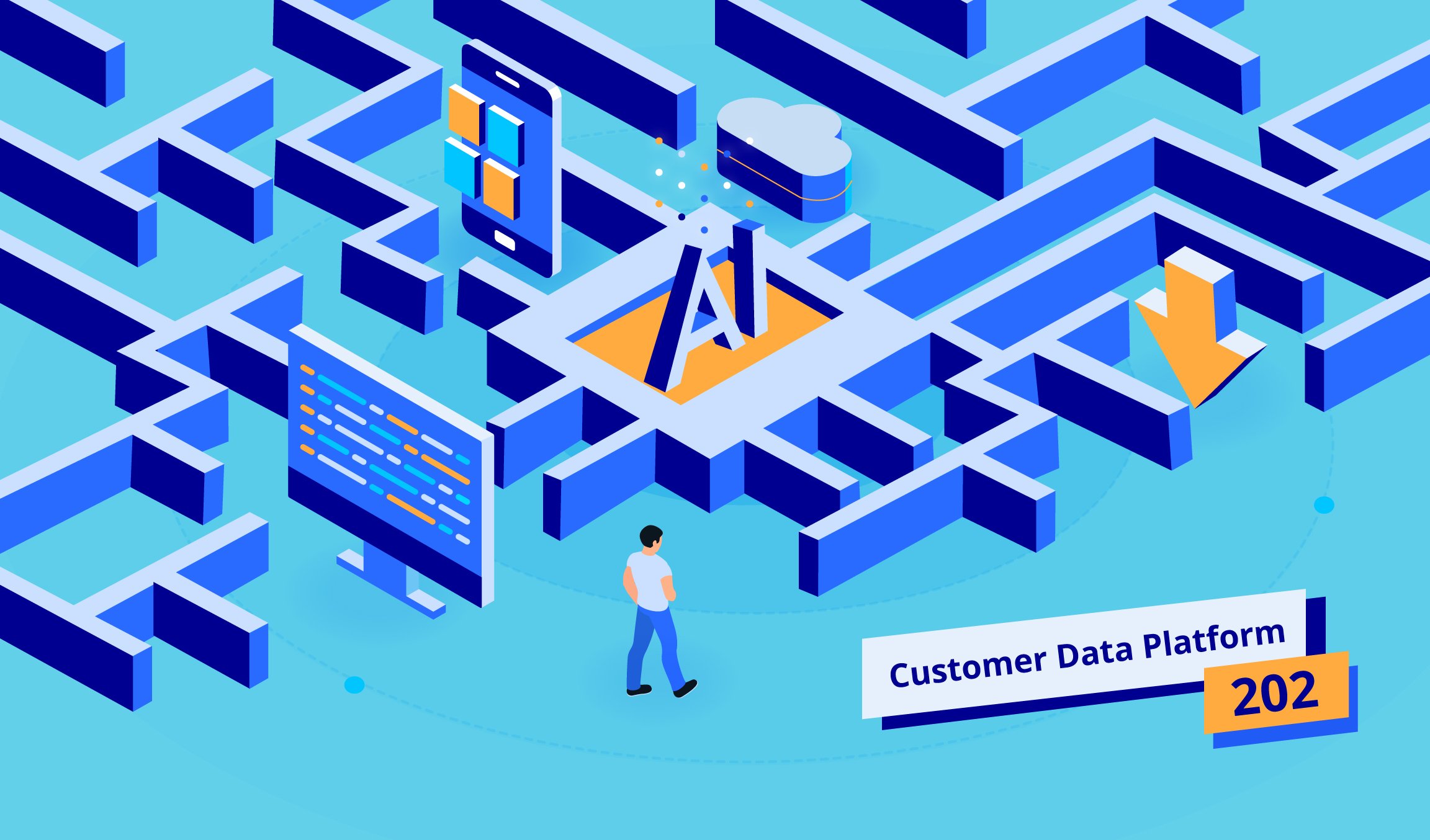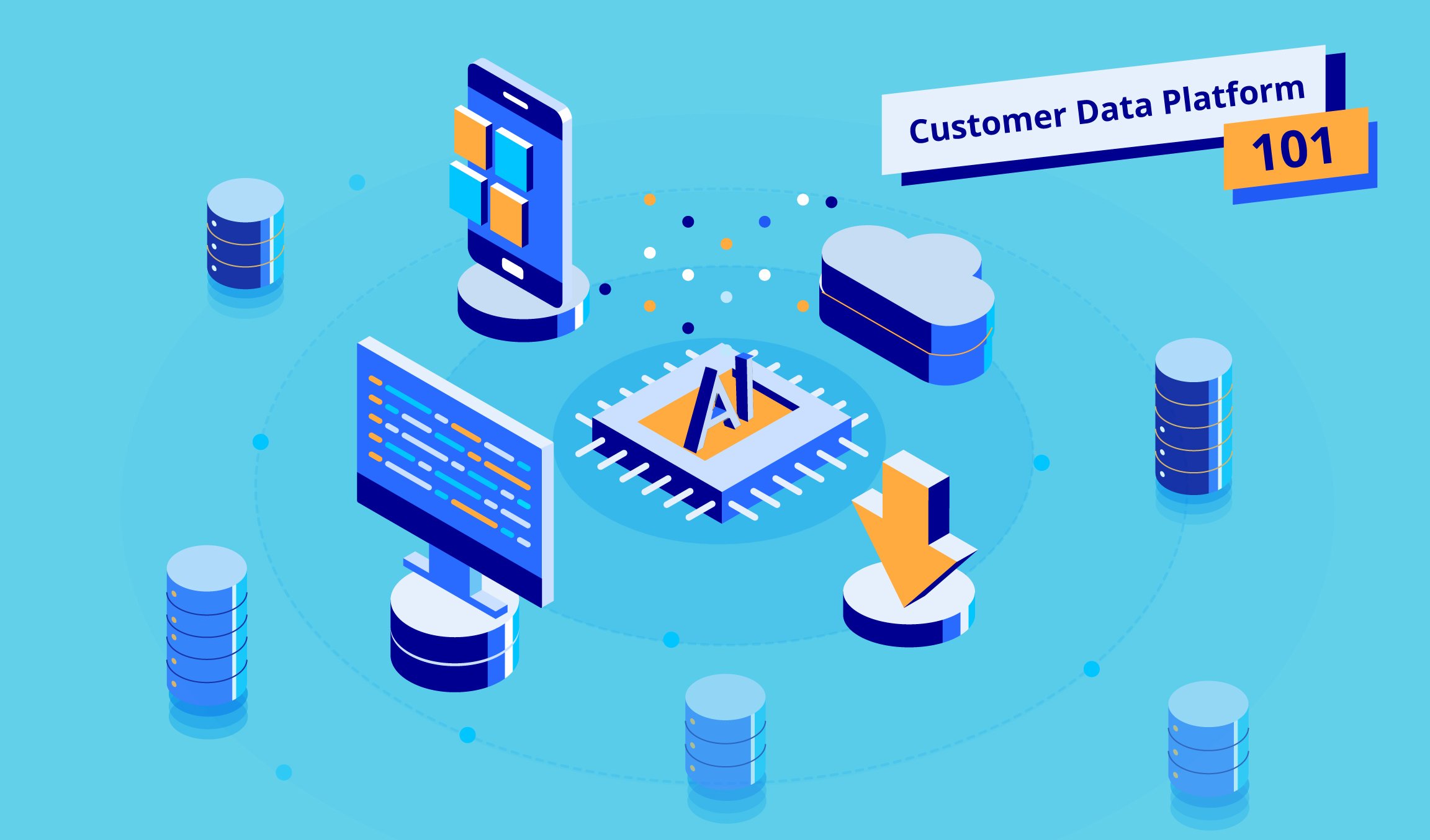4 min read
This might lead us to question the role of humans in an increasingly automated world. Artificial intelligence (AI) has been around since the 1950s and increased computing power has sped up its development. At its core, AI is analysing data to make informed decisions and predictions, but its ability to do things faster, more efficiently and more precisely than people may challenge our understanding of humanity.
For all its vast capabilities, AI certainly has limitations. Through the things it cannot do, it will draw out the core of what makes us human. Scientifically, it is still challenging for AI to lead a team, empathize, or be inspired by an image or a sound that might lead to the spark of a new idea. Artificial intelligence and human intelligence working in tandem will drive us forward, and our human traits will be as important as ever.
In business, AI is being rapidly adopted to help organizations of all types analyse data to address operational challenges and drive innovation. Some might wonder what the future of work looks like if everything becomes automated and humans are no longer required to solve problems or complete complex tasks – things that have long fulfilled people professionally. However, as many famous business leaders have said, hire people smarter than you. AI solutions – whether adopted within marketing or finance, procurement or logistics – should be viewed as the addition of a wonderful new team member with the capability to make things more efficient and effective.
Why should we see it this way? Because AI helps us to be better at what we’re already good at. Take a judge in a legal proceeding for example. In reading a case she will learn huge amounts of information, and as she becomes overwhelmed or tired, she may miss important points that would give her a full picture of what happened. AI can look at all the information and identify connections or clues that the judge might overlook, simply because she’s a human who needs to recharge and refuel. In the end, humans still make the most important decisions. AI can show her everything, and with that complete view, she can best apply her human skills- empathy, understanding of nuance and bias, her law education. AI simply makes sure she has all possible data to work with – it doesn’t make the final ruling. Similarly, AI gives a CEO complete visibility into what’s happening at his company. With this knowledge, he can apply his experience and business acumen to make critical decisions.
Consumers are increasingly comfortable interacting with AI through things like chatbots and automated services but knowing where to start with AI adoption in a business setting can be bewildering. Executives eager to keep pace with the competition might try to put AI into multiple processes and expect results overnight, only to be disappointed. This is again where human intelligence comes in. At this point in time, it is still challenging for AI to know the CEO’s biggest business challenges, the low-hanging fruit or what keeps him up at night. AI can’t lead its own way into an organization. Successful AI adoption requires us to call on one of our most basic human skills – communication. Leaders must go out into the business, talk to staff about challenges they face and where they need help, assure them that there will be solutions that make sense for them, and that their wellbeing and productivity are of utmost importance.
Implementing AI into some if not most business operations isn’t optional, just like any company still using a fax machine would be very lonely by now. Customers are expecting products, services and resources at their fingertips, and the speed at which AI can inform decisions and predict potential problems will be crucial to retain and grow business. In theory, there’s nothing that AI won’t be able to support eventually, but it takes the human eye to look at it critically, assign its role and note its limitations. When we couple the best parts of humanity – emotion, compassion, creativity – with the best parts of AI – logic, scale, speed – we will achieve much more together than either entity could do by itself.
* This article was originally published in the December 2018 issue of Portfolio Magazine.



